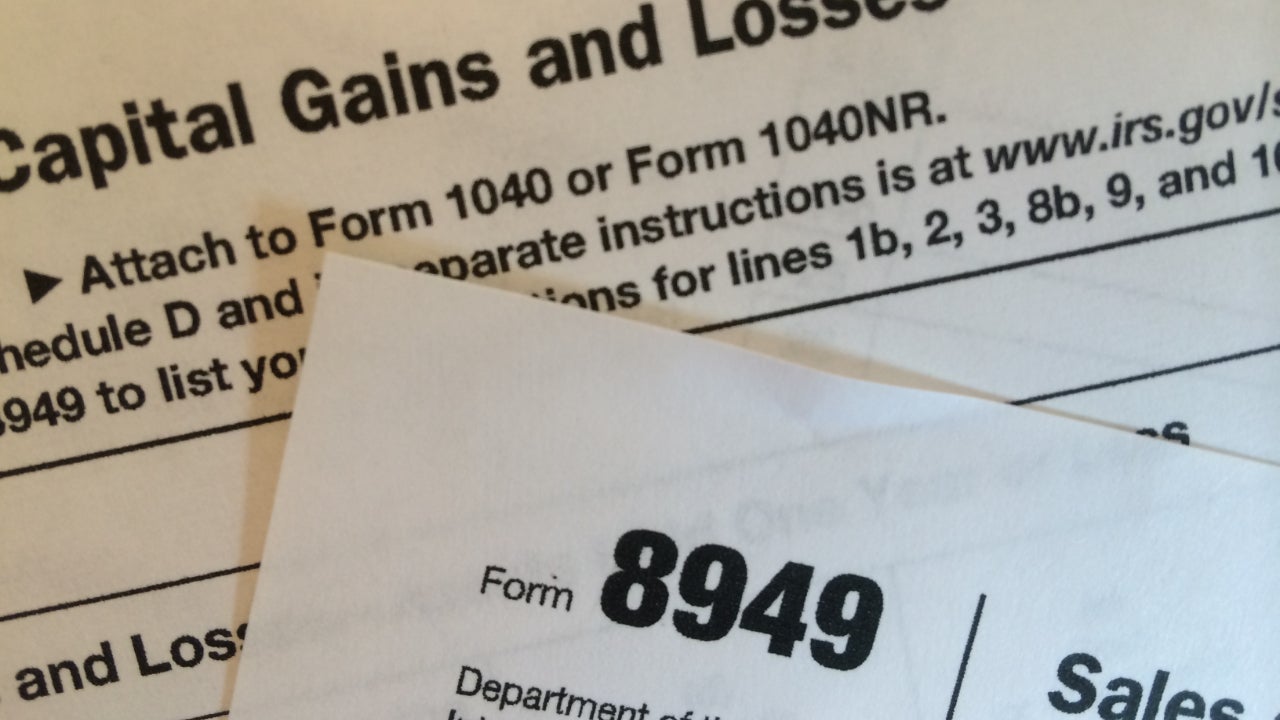IRS Payment Plan Eligibility and Costs
Learning that you owe money can be highly stressful if you can't afford to pay your tax debt in full at once. If you ever find yourself in this situation, don't freak out. You can pay the taxes you owe over time using one of the IRS's payment plans.
An IRS Payment Plan: What Is It?
An IRS payment plan is a deal that gives you more time to pay the taxes you owe. By creating a plan, you'll prevent collection practices like tax liens and tax levies.
For each month you are past due, the IRS imposes a failure-to-pay penalty of up to 25% of the total amount due, plus interest. The IRS modifies its interest rates every quarter. They are always set at the short-term federal rate plus 3%. For the fourth quarter of 2021, the interest rate is 3% for individual taxpayers.
If you cannot pay your tax debt in full, an IRS installment plan will usually be less expensive than a credit card. As of August 2021, the average annual percentage rate (APR) for credit cards was 20.25 percent.
Warning:
While you are enrolled in a payment plan, any tax refunds you are entitled to for previous years will be deducted from your balance until you are left with nothing to pay.
You can set up a short-term payment plan if you can afford to pay off your balance in less than 180 days. Applying for a short-term plan can be done online at IRS.gov/OPA for taxpayers who owe less than $100,000 and can pay in 120 days or less; those who need extra time to pay, up to 180 days, must apply by phone or mail. The alternative is to apply for a long-term streamlined payment plan and pay monthly installments. The longest possible repayment term is 72 months.
For whom is an IRS Payment Plan available?
If your debt is under $10,000 and you (and your spouse, if you are married and filing jointly) meet the following criteria:
- For the previous five years, you have timely filed your tax returns;
- Deciding to pay off your debt in full within three years as opposed to the standard 72 months;
- Unable to afford to pay all taxes you owe; and
- Not going through bankruptcy
As long as all tax returns have been filed, individuals and businesses who owe less than $50,000 and $25,000 can typically apply for a payment plan online. However, you may be able to do so even if you owe more. If your tax bill is higher or you need more than three years to pay it off, you might still be eligible if you apply online.
Note:
In 2020, the IRS loosened its requirements so that some taxpayers with debts of up to $250,000 could apply without providing additional information, but their proposed monthly payment had to be adequate.
According to the IRS website, one can typically create an agreement in minutes. If you're not qualified to set up a plan online, you can apply by sending Form 9465 or calling the IRS.
If the amount you owe exceeds $25,000, the IRS will demand that you set up automatic monthly payments by direct debit from your bank account. Businesses that owe more than $10,000 must follow the same rule.
How Much Does an IRS Payment Plan Cost?
If you create an IRS payment plan, there are additional fees. However, if the IRS determines that you are a low-income taxpayer—that is, if your income for the tax year is at or below 250 percent of the relevant federal poverty level—some fees may be waived.
Do I Need to Hire a Tax Settlement Company?
If you owe taxes, working directly with the IRS is usually preferable to using a tax settlement firm. The Federal Trade Commission (FTC) cautions that most taxpayers won't qualify for the programs they advertise, even though many businesses claim they can lower their tax debt or stop wage garnishment.
Warning:
Taxpayers have complained to the FTC numerous times, alleging that certain tax settlement companies not only failed to negotiate a settlement for them but also failed to submit the required paperwork to the IRS. They collected unapproved fees.
Before selecting a tax relief company to represent you, the FTC advises carefully examining its fee schedule and cancellation policies. For unresolved problems, getting in touch with the Taxpayer Advocate Service, a separate division of the IRS, is frequently preferable. If you need a third party to represent you before the IRS, only a certified public accountant (CPA), an enrolled agent, or an attorney may do so.
Options besides the IRS Payment Plan
If you cannot pay any of your tax debt, you can ask the IRS to postpone collection efforts. If the IRS grants your request, it will note your account as "currently not collectible," but the debt won't go away. There will still be interest and late fees due.
Additionally, the IRS might agree to settle your debt for a lower sum if you qualify for an offer in compromise (OIC). However, if you are currently bankrupt, this is not an option. To find out if this might be an option for you, use the IRS Offer in Compromise Pre-Qualifier screening tool.
Main Points:
- If you can't afford to pay your tax debt immediately and in full, you can spread it out over time with an IRS payment plan.
- Whether you can afford to pay the IRS within 180 days, you can set up a short-term or long-term plan.
- If you create an IRS payment schedule, interest will continue to accumulate.
- Most taxpayers won't be eligible for the programs tax relief businesses promote.


